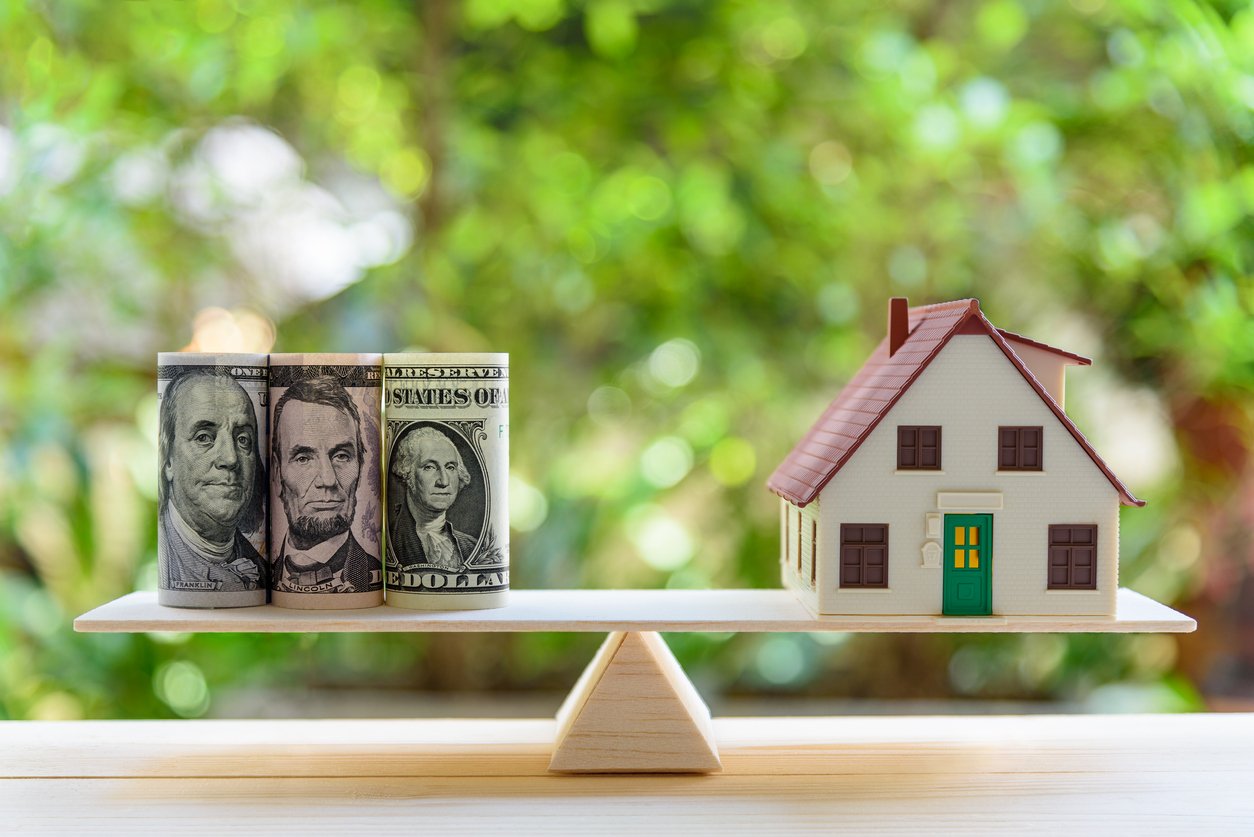Over the years, I’ve heard numerous new investors looking to buy their first rental property ask, “Is there such a thing as being too old to start investing?”
I’m here today to answer that question with an overwhelming amount of confidence and a resounding “No!”
However, due to the compound effect, the younger you start buying investment properties, the longer your time horizon is to realize gains, build wealth, and create an awesome financial future.
(If you’re unfamiliar with the compound effect, I highly recommend reading Darren Hardy’s The Compound Effect.)
This blog aims to answer two main questions:
- Why should you get started at a young age?
- How can you get started at a young age?
Why You Should Start Investing in Real Estate at a Young Age
For the vast majority of people, real estate investing is all about long-term wealth generation. Real estate is not a get rich quick scheme and most success does not happen overnight.
Real estate tends to favor the patient over those who are in a rush.
In the graph below, you can see how an initial investment of $24,165 in a single-family rental property listed on the Roofstock marketplace is estimated to grow to more than $400,000 (through cash flow, appreciation, and equity growth through mortgage balance pay off + your initial down payment) when you view it on a 30-year time horizon.
Thus, it’s fair to say that the earlier you start your investing journey, the longer time horizon you have to realize the benefits.
Let’s say the real estate market dips right after you start investing. When you follow a long-term buy and hold strategy, dips in the market don’t really matter. You can ride them out knowing that real estate (like the stock market) always goes up in value over time. However, unlike the stock market, you don’t have to deal with as much volatility because rents don’t change all that much during recessions. That means you still get healthy rental income even if the market value of your investment goes down.
Another important thing I want to point out is that since most people’s very first real estate investment is not the one that makes or breaks them, I would argue that simply getting started is half the battle. The younger you start investing, the longer you have to refine your skills.
It’s so critical to start to develop your skill set as early as possible. Investing in real estate is typically not just something you start doing one day because you “feel” like it. It requires an education and calculated decisions to be made. These things take time to acquire and hone.
Thankfully, Roofstock Academy has really helped speed up the education and learning process significantly by bundling everything a successful real estate investor needs into one single place.
Of course you could just go out and buy a rental property without any of the above, but I wouldn’t recommend it. Having the knowledge and confidence to do something as life changing as investing in real estate is not something that should be taken lightly.
-2.png?width=750&name=Untitled%20design%20(13)-2.png)
How You Can Actually Start Investing in Real Estate at a Young Age
Many young people today ask the question “I don’t have a lot of money. How could I invest in real estate?”
To them I would say you may not have much money, but you likely have other resources that are valuable, such as time, energy and grit.
(And while most people think you need a huge pile of cash, you can actually get started with only about $20k.)
In this section, I’ll outline a few different ways you can get started as a young person without a ton of capital.
1. First and Foremost, Get Educated
The very first step towards investing in real estate is getting well educated and versed on the topic.
How could you possibly know that you even want to be a real estate investor without knowing what’s actually involved?
So many people look at the ultra-rich and think “I want to be that rich,” but what they don’t ask themselves is “Am I willing to put in the work that that person has in order to achieve what they have?”
Many people want the end result without putting in the work to get there.
Thus, first and foremost, go educate yourself. Whether that’s via free online material, books, podcasts, an online course, or seminar, just go start somewhere so you can learn what’s involved and then decide if real estate investing is right for you.
Once you’ve decided that real estate investing is something worth pursuing, you can start the process of actually putting some real skin in the game.

2. Earn More and Save More
So you want to invest in real estate, but don’t have enough money to do so? Two great options I’ve personally used to build up some capital quickly are:
- Picking up a side hustle
- Cranking up your savings rate
For those who are super serious about starting to invest in real estate, they should do BOTH.
Doing both is actually a way to springboard yourself into being able to invest much sooner than doing only one of the above.
With the internet and the gig economy we live in, picking up a side hustle has never been easier. Many side hustles don’t require you to even leave your house.
There a trillion different articles and websites about how to increase your savings rate, so I won’t get into that here, but know that some great ideas are just a quick Google search away.
If you’re unable to pickup a side hustle and are already living on Ramen noodles, there are still more options available to you. One of my favorite ones is to bring in a partner who has the money to fund the deal.
3. Find a Partner
If you’re unable to invest in real estate on your own whether due to lack of funds or experience, you can always partner with someone who has what you’re lacking.
If you are going to partner with someone, make sure that you bring plenty of value to the table. You can use your energy, grit, and hustle to find the deals and have your partner fund them.
I’ve actually done this on a few deals.I had an amazing deal lined up, but my financing fell through. I brought in a money partner to fund the deal and we split everything after that 50/50.
I needed them because my financing fell through and they needed me because I had the deal already under contract. I will also be managing and running the property so all my partner has to do is sit back, relax, and collect monthly checks. Not a bad deal for either of us.
If you’re going to bring in a partner, you need to gain some first-hand experience to prove you have what it takes to execute on your part of the partnership.
This experience could be obtained in a couple of different ways:
- Volunteer to help a seasoned investor with deals in exchange for teaching you how they invest.
- Go work in an entry level position for someone involved in the real estate investing industry.
Once you’ve learned the fundamentals of real estate investing, you’ll be better positioned to bring value to a potential partner.
Now you just need to either find or fund deals, depending on which piece of the puzzle you’re lacking.
If for some reason you’re averse to bringing in a partner, there is still yet another great option for you!

4. House Hacking
This is a term coined by the folks over at BiggerPockets.
House hacking involves purchasing a house or a small multifamily property (duplex, triplex or quad) with extra bedrooms/units and then renting out those rooms/units to roommates/tenants to cover your expenses.
Since you’ll be living in the property, you will likely qualify for the best financing as a first time homebuyer and can often use an FHA loan to purchase the property for only 3.5% down. Consult with a local mortgage agent to determine if you qualify.
This is a great way to get started investing in real estate because you’ll:
- Start to build equity (i.e. net worth) in the property via appreciation and loan pay down
- Gain experience as a landlord/property manager
- Gain experience as a real estate investor while simultaneously getting a place to live
Final Thoughts
Investing in real estate is one of the fastest ways to generate long term wealth. The sooner you start, the sooner you can learn what it takes to be successful.
Additionally, the sooner you start, the longer you have to reap the benefits.
I’ve been investing for almost a decade now and wished that I had gotten started earlier.
It is never too early to start, and starting can just mean picking up a book and getting educated. There is nothing that says once you get educated you have to invest — although, I would highly recommend it!









